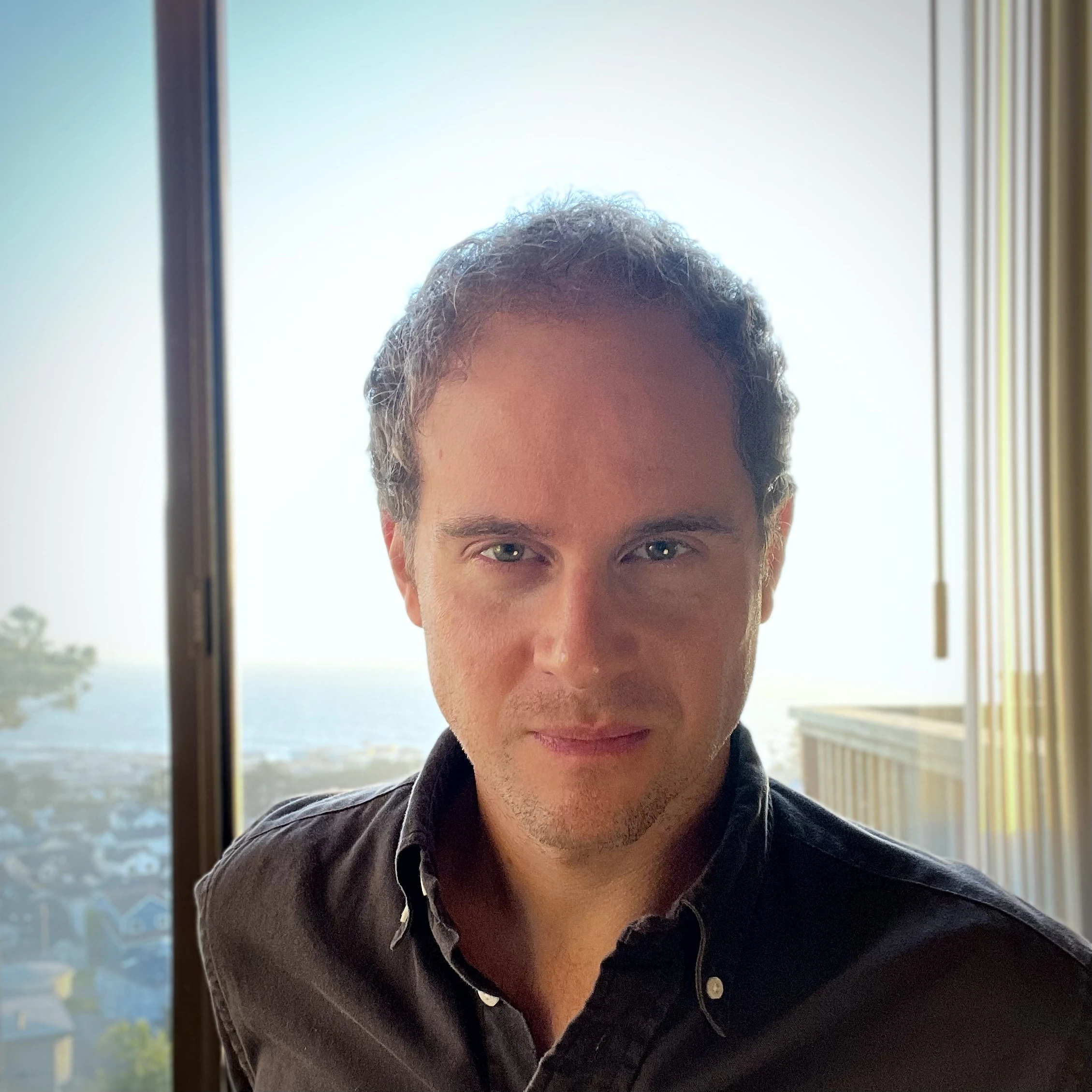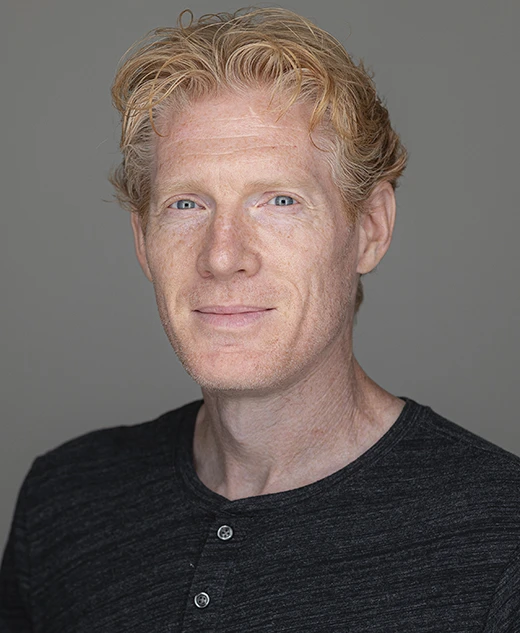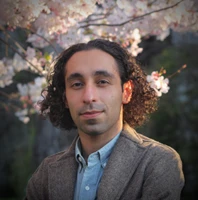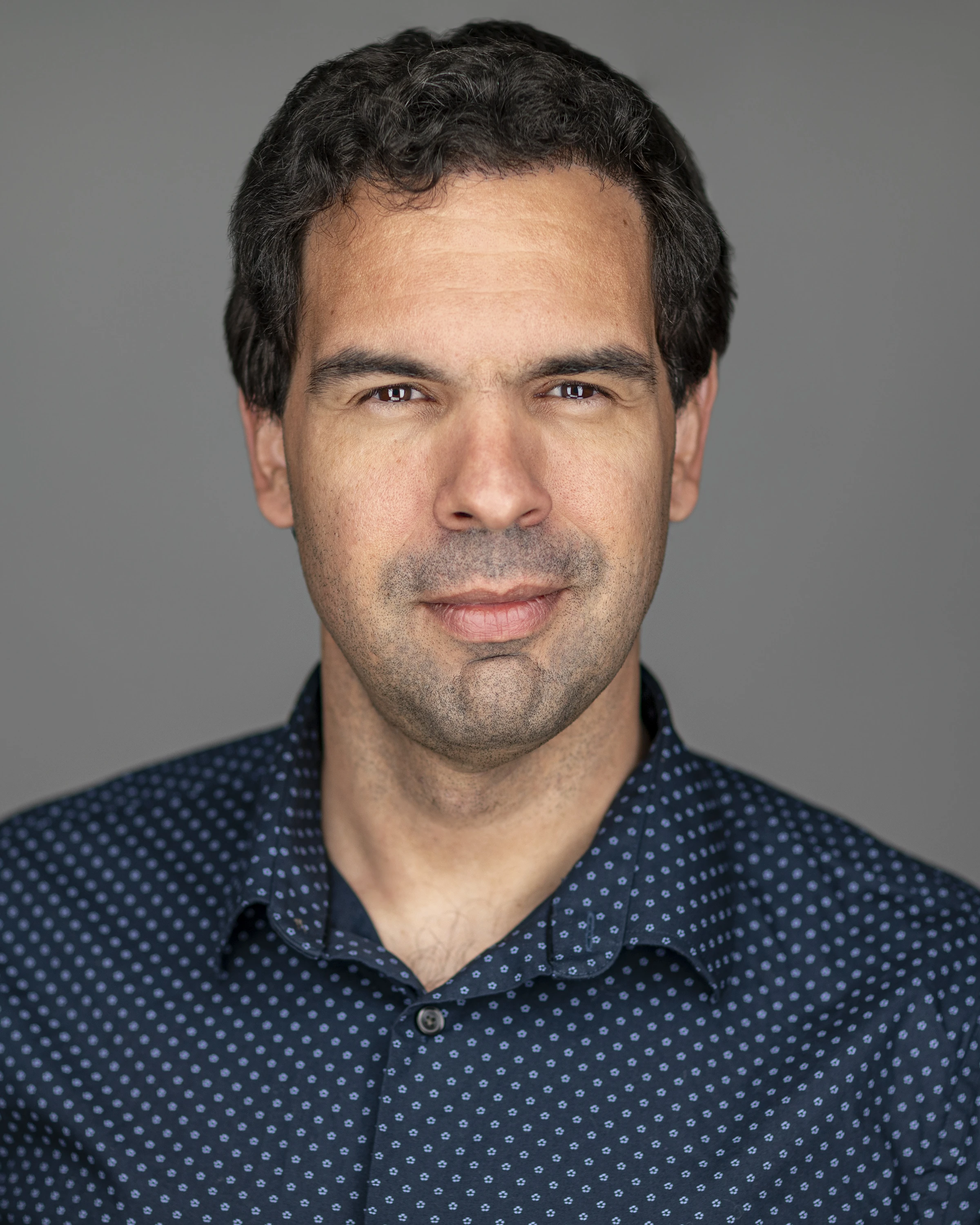Team
Principal Investigators and co-Investigators
Henrik Bengtsson, PhD

Henrik Bengtsson, has a MSc in Computer Science and a PhD in Mathematical Statistics. He is an associate professor at the Department of Epidemiology & Biostatistics, at University of California San Francisco (UCSF) and affiliated with the UCSF Helen Diller Family Comprehensive Cancer Center. Henrik is one of forty members of the R Foundation - a non-profit organization that supports the R Project, its continued development of the R language, and the R community around it. Through this work, he is also a member, chair, and the director of the R Consortium Infrastructure Software Committee (ISC), which supports research & development activities related to R through a grant program with financial support from leading industry investors. He is the author of the futureverse.
Stathis Gennatas, MBBS PhD

Efstathios (Stathis) D. Gennatas, MBBS AICSM PhD, is an Assistant Professor in the Departments of Epidemiology & Biostatistics and Medicine at UCSF. His work includes the development of machine learning methods and software for biomedical data analysis, applied data science in basic research, clinical medicine, and public health. His overarching goal is to help make precision medicine a reality in a safe, fair, and efficient way. He is an affiliate of the Center for Targeted Machine Learning and Causal Inference, the Bakar Computational Health Sciences Institute, the Institute for Global Health Sciences, and the Center for Intelligent Imaging. He holds a medical degree from Imperial College London and a PhD in Neuroscience from the University of Pennsylvania. He is the author rtemis.
Jeremy Goecks, PhD

Dr. Jeremy Goecks is Assistant Center Director for Research Informatics and an Associate Member in the Department of Machine Learning at the Moffitt Cancer Center. In his role as Assistant Center Director for Research Informatics, he leads strategy for accelerating cancer research at Moffitt using informatics technologies as well as advancing research informatics prototypes to production use at Moffitt. In his faculty role, Dr. Goecks heads a computational research laboratory working at the intersection of biomedical data science, high-performance computing, and precision medicine. He has held leadership positions in several national and international biomedical consortia. He is currently co-lead for the Galaxy computational workbench, which is used by thousands of scientists across the world daily.
Nima Hejazi, PhD

Nima Hejazi, PhD, is an assistant professor in the Department of Biostatistics at the Harvard T.H. Chan School of Public Health. His research explores how advances in causal inference, statistical machine learning, and computational statistics can empower discovery in the biomedical and health sciences. Nima focus primarily on the development of model-agnostic, assumption-lean statistical inference procedures, doing so while emphasizing a science-first, translational philosophy that stresses the rich interplay between the applied sciences and statistical methodology: how emerging questions in the former spur advances in the latter, which, in turn, help to refine scientific discoveries. To accomplish this, Nima’s work leverages causal inference as a framework to translate scientific questions into precise, causally interpretable statistical estimands, and then aims to obtain inference about these from data by formulating analytic methods that incorporate flexible, adaptive modeling strategies (i.e., machine learning), to avoid imposing restrictions that may not be justified by domain knowledge, and semi-parametric efficiency theory for best-in-class uncertainty quantification. He is also interested in statistical instrumentation—that is, high-performance computing and open-source software and programming—to push the boundaries of statistical methodology and to promote transparency and reproducibility in the practice of applied statistics and data science.
Rachael Phillips, PhD

Rachael V. Phillips, PhD is a Biostatistician at the UC Berkeley Research Center for Targeted Machine Learning and Causal Inference (CTML). At CTML, Rachael collaborates with pharmaceutical, regulatory, clinical, and academic researchers. She is also on the core development team of the TLverse open-source software project and corresponding software handbook. Broadly, Rachael’s research integrates targeted machine learning and causal inference to realistically approximate answers to causal questions with statistical confidence. Some highlighted recent work includes the development of frameworks and guidelines for clinical AI-QI, personalized online learning from ICU streaming data, and statistical methodology for complex real-world evidence (RWE) studies including RWE studies in oncology.
Gilmer Valdes, PhD

With a background in medical physics, fellowship, and residency in Therapeutic Medical Physics, Gilmer Valdes, PhD, specializes in machine learning for personalized treatment predictions, focusing on prostate and thoracic cancers. His recent work emphasizes enhancing model interpretability through methods like MediBoost, Additive Tree, and Representational Gradient Boosting. As Vice Chair of Machine Learning and Director of Clinical AI at Moffitt Cancer Center, Gilmer lead clinical AI adoption and collaborative ICTML projects. Gilmer also develop R and Python packages for cancer analysis (EAML, LINAD, Lockout) and previously directed UCSF’s “Advanced Machine Learning” course. Awarded an NIH BIBK08, Gilmer’s experience in algorithm development, education, and clinical AI application equips him to advance ICTML’s tools for cancer research.
Mark van der Laan, PhD

Mark van der Laan is the Jiann-Ping Hsu/Karl E. Peace Professor of Biostatistics and Statistics at the University of California, Berkeley. He graduated in 1993 under supervision of Richard Gill at the Utrecht University in the Netherlands. He started a position in Biostatistics in 1994 and has been at UC Berkeley since. He has made contributions to survival analysis, semiparametric statistics, multiple testing, censored data and causal inference. He also developed the targeted maximum likelihood methodology and general theory for super-learning. He is a founding editor of the Journal of Causal Inference and International Journal of Biostatistics. He has authored 4 books on targeted learning, censored data and multiple testing, authored over 300 publications, and graduated 55 Ph.D students. He received the COPSS Presidents’ Award in 2005, the Mortimer Spiegelman Award in 2004, and the van Dantzig Award in 2005, among various others.